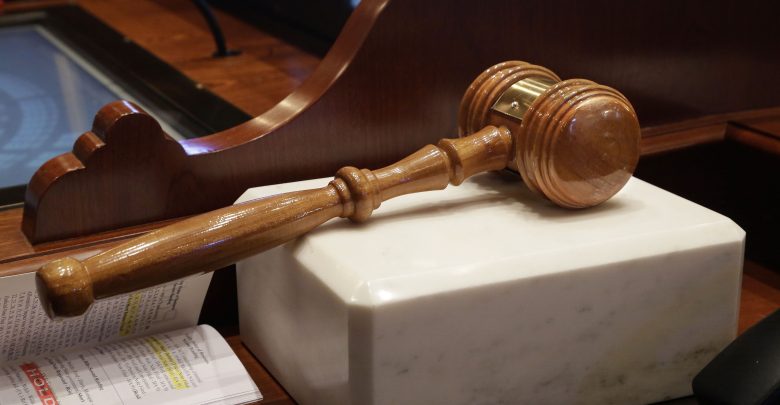Kansas AG joins coalition to uphold federal law against encouraging illegal immigration

TOPEKA – (January 25, 2023) – Kansas Attorney General Kris Kobach and 24 other state attorneys general filed an amicus brief today in support of a federal criminal prohibition on encouraging or inducing illegal immigration into the United States.
In a brief filed with the U.S. Supreme Court, the 25 attorneys general ask the court to overturn a Ninth Circuit Court of Appeals decision striking down a federal law that makes it illegal for a person to encourage or induce non-citizens to unlawfully enter or reside in the United States.
“This federal statute has been on the books for many decades, and it is essential to prosecuting those who smuggle and harbor illegal aliens or take actions to facilitate illegal immigration,” Kobach said.
Relying on the “overbreadth doctrine,” which allows a federal court to strike down a statute if it would violate the First Amendment in a substantial number of other cases, the Ninth Circuit struck down a federal law preventing people from encouraging illegal immigration. But the panel’s strained analysis that greatly expands this doctrine’s reach, invading the separation of powers between the federal government and the states.
“More than ever, illegal immigration imposes tremendous economic, social, and fiscal burdens on the states. The decision below, if left undisturbed, will impede the enforcement of criminal immigration laws nationwide, leading to significant adverse consequences for the [states],” the brief reads.
In doing so, the Ninth Circuit’s decisions undermines the states’ ability to enforce its own criminal laws against encouraging or inducing unlawful conduct. In Kansas, such laws include soliciting someone to commit a felony or assist in committing a felony, encouraging or inducing a minor to use alcohol, and contributing to a child’s misconduct or deprivation.
If the Ninth Circuit’s expansive application of the overbreadth doctrine stands, important state criminal laws will be vulnerable to broad constitutional challenges. This undermines the states’ constitutional power to create and enforce a criminal code.
“Allowing the Ninth Circuit’s decision to stand threatens widespread uncertainty in the states’ ability to enforce their criminal laws that use these terms,” the brief states.
To avoid this, Kobach and the coalition argue that overbreadth claims should require a showing more than a hypothetical danger of chilling protected speech and that the charged crime is overbroad.
Kobach joined Montana Attorney General Austin Knudsen, who authored the brief, and attorneys general from Alabama, Alaska, Arizona, Arkansas, Florida, Georgia, Idaho, Indiana, Iowa, Kentucky, Mississippi, Missouri, Nebraska, Ohio, Oklahoma, South Carolina, South Dakota, Tennessee, Texas, Utah, Virginia, West Virginia, and Wyoming. A copy of the brief is available at https://bit.ly/3H820ku.



